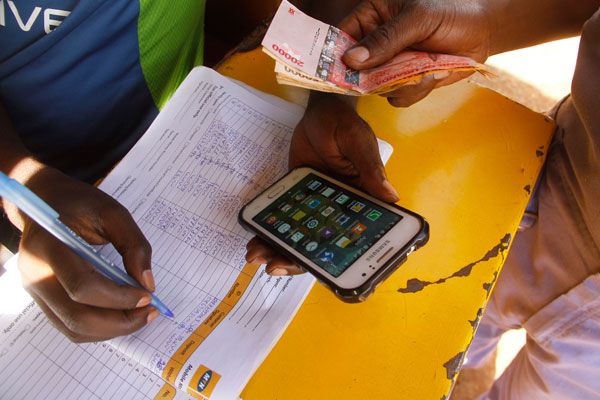8 MoMo fraud tactics in 2025: What to watch out for

Mobile Money (MoMo) fraud has become increasingly sophisticated, with cybercriminals employing advanced techniques to exploit unsuspecting users.
As digital payment systems evolve, so do the tactics of fraudsters, making it crucial for individuals to stay informed about the latest threats.
This article provides a detailed overview of the most prevalent MoMo fraud tactics in 2025, along with actionable strategies to safeguard against them.
1. AI-powered voice cloning scams

One of the most alarming trends in 2025 is the use of AI-powered voice cloning to deceive victims.
Fraudsters leverage deepfake technology to mimic the voices of family members, friends, or even bank representatives.
These scams often involve urgent requests, such as claims of an emergency or demands for immediate payment.
The realism of these calls makes them highly convincing, increasing the likelihood of compliance.
To protect against this threat, users should always verify unexpected requests through direct communication on a trusted number.
MUST READ: Nursing student found dead in boyfriend’s room; police hunt for the 23-year-old
Additionally, sensitive information such as MoMo PINs or one-time passwords (OTPs) should never be shared over the phone.
Establishing a family safe word for financial emergencies can also serve as an effective precaution.
2. Fake loan and investment schemes

Fraudsters frequently lure victims with promises of quick loans or high-return investments.
These scams typically require upfront payments disguised as processing fees or taxes, only for the perpetrators to disappear once the money is transferred.
To avoid falling victim, individuals should only engage with licensed financial institutions and thoroughly research any offers that seem too good to be true.
Legitimate lenders and investment platforms do not demand advance payments, making this a key red flag.
3. SIM swap fraud (account takeover)

SIM swap fraud remains a significant threat, with criminals gaining control of victims’ phone numbers by manipulating telecom providers.
Once they have access, they can reset MoMo account credentials and drain funds. Users can mitigate this risk by enabling SIM lock features and monitoring for unexplained network disruptions, which may indicate a SIM swap attempt.
Implementing biometric authentication where available adds an extra layer of security.
4. QR codes and fake payment links

Scammers distribute fraudulent QR codes and payment links via SMS, email, or social media, often under the guise of refunds or delivery payments.
Unsuspecting victims who scan these codes or click on the links inadvertently redirect their payments to criminals.
To prevent this, individuals should only scan QR codes from trusted sources and manually enter merchant details rather than relying on embedded links.
Always verifying payment confirmations before finalising transactions is another essential precaution.
5. MoMo agent fraud (Fake agents and cash traps)

Fraudulent MoMo agents pose a dual threat, either by impersonating legitimate agents to extract PINs or by reversing transactions after cash withdrawals.
Users should only conduct transactions with verified agents and immediately check receipts for accuracy. Reporting suspicious agents to the official MoMo provider helps curb these fraudulent activities.
6. Phishing via fake customer care numbers

Scammers often post fake customer service numbers online, tricking victims into revealing sensitive information.
To avoid this, individuals should only use contact details obtained from official MoMo platforms. Never disclosing verification codes to unsolicited callers is a critical rule to follow.
7. Social media giveaway scams

Fraudulent promotions promising free money in exchange for small payments are rampant on social media.
Legitimate companies never require payments to receive rewards, making such offers clear scams.
Verifying promotions through official channels before participating is a necessary step to avoid losses.
8. Fake job and remote work scams

Scammers post fake job listings, often involving MoMo transactions, and request registration fees or participation in money laundering schemes.
Job seekers should be wary of any employer demanding upfront payments and should conduct thorough research before accepting offers.
Protective measures against MoMo fraud in 2025
To safeguard against these evolving threats, users should adhere to the following best practices:






